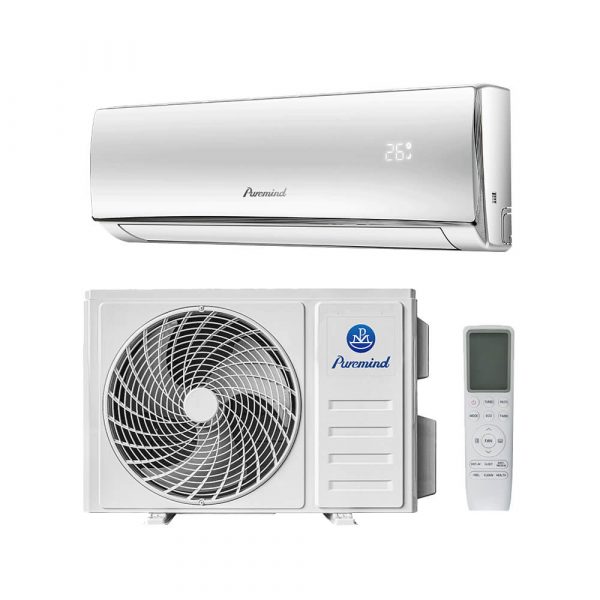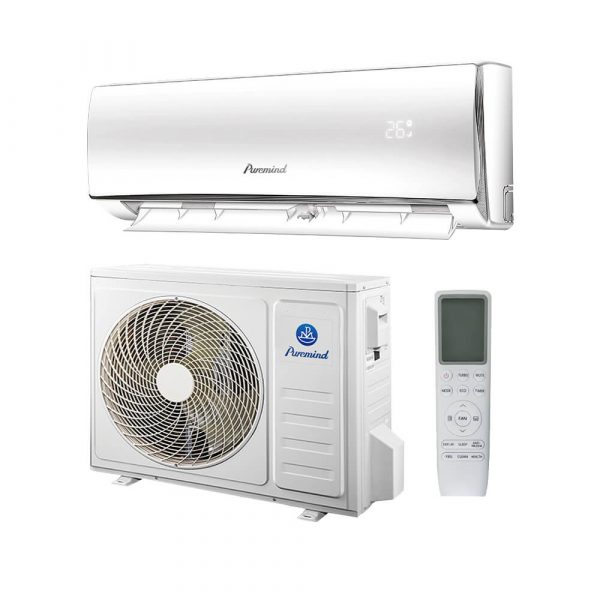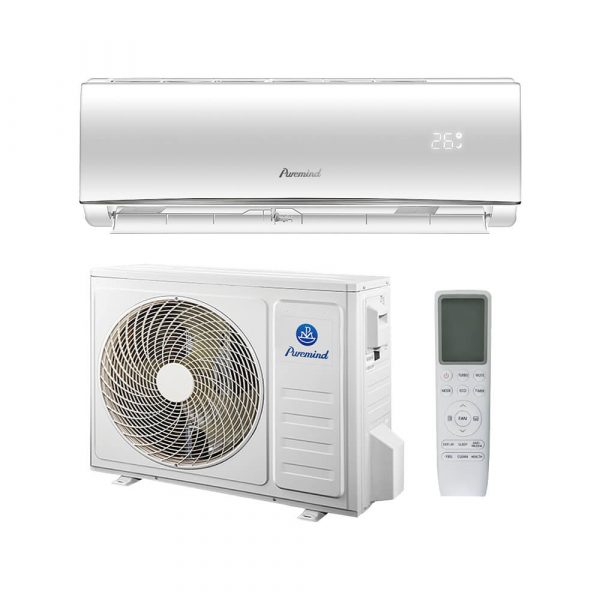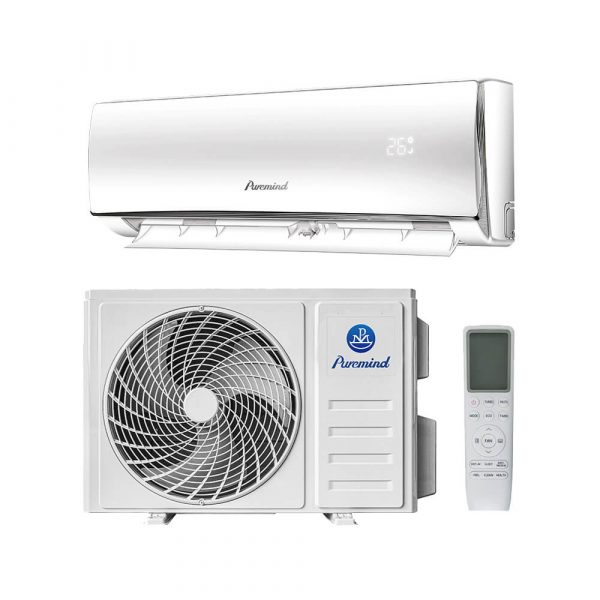Air Conditioner Compressor: The Complete Guide to Function, Types, and Maintenance
The air conditioner compressor is often referred to as the heart of an HVAC system. It plays a vital role in the cooling process by compressing refrigerant gas and circulating it through the system. Whether you’re a wholesaler, distributor, or HVAC contractor, understanding how compressors work, the different types available, and proper maintenance techniques can help you make informed purchasing and servicing decisions.
What Is an Air Conditioner Compressor?
An air conditioner compressor is a mechanical device that increases the pressure of refrigerant gas, raising its temperature and preparing it for heat release in the condenser coil. Without a compressor, the refrigeration cycle simply cannot function.
Key Functions of an AC Compressor
- Compresses refrigerant gas to increase pressure and temperature
- Circulates refrigerant through the system
- Enables heat exchange in the condenser and evaporator
How the Compressor Works in the Cooling Cycle
The process begins when low-pressure refrigerant gas enters the compressor. The gas is compressed, which increases its pressure and temperature. This high-pressure gas then moves to the condenser coil, where it releases heat and transforms into a high-pressure liquid. The refrigerant then flows to the evaporator coil to absorb heat from indoor air, completing the cooling cycle.
Types of Air Conditioner Compressors
Different systems require different compressor designs. The main types include:
- Reciprocating Compressor: Uses a piston to compress refrigerant, common in smaller systems.
- Rotary Compressor: Compact and efficient, often used in split AC units.
- Scroll Compressor: Quiet and efficient, common in modern residential and commercial systems.
- Screw Compressor: Typically used in large commercial and industrial HVAC systems.
- Centrifugal Compressor: Ideal for very large cooling capacities, such as in chillers.
Common Applications for AC Compressors
Air conditioner compressors are used in a variety of systems, including:
- Residential split systems
- Ductless mini-split systems
- Commercial rooftop units
- Industrial chillers
Importance for Wholesalers and Distributors
For wholesalers, having a clear understanding of compressor technology helps in stocking the right models for various applications. Offering high-efficiency, reliable compressors can be a strong selling point in the competitive HVAC market. If you supply split AC units, you can explore our Split Air Conditioner product category for models equipped with top-grade compressors.
Signs of a Failing Air Conditioner Compressor
Early detection of compressor issues can prevent costly repairs and downtime. Common signs include:
- Unusual noises such as clanking or rattling
- Reduced cooling performance
- Tripped circuit breakers
- Visible refrigerant leaks
Maintenance Tips to Extend Compressor Life
Proper maintenance is key to extending the lifespan of an air conditioner compressor:
- Keep coils clean to ensure efficient heat exchange
- Maintain correct refrigerant levels
- Inspect electrical connections regularly
- Ensure adequate airflow around the outdoor unit
Energy Efficiency and Modern Compressor Technology
Advances in compressor design have led to improved energy efficiency and reduced operating costs. Inverter-driven compressors, for example, can adjust their speed to match cooling demand, significantly reducing energy consumption.
Industry Standards and Compliance
When selecting compressors, ensure they comply with standards from organizations such as ASHRAE and AHRI. Compliance ensures safety, performance, and energy efficiency, which are critical for both residential and commercial applications.
Future Trends in Compressor Technology
- Low-GWP Refrigerants: Transitioning to environmentally friendly refrigerants.
- Smart Diagnostics: Integration of IoT sensors for real-time performance monitoring.
- Variable Speed Compressors: More precise temperature control and efficiency.
Checklist for Selecting the Right Compressor
- Match capacity to system requirements
- Check energy efficiency ratings
- Verify compatibility with refrigerant type
- Consider warranty and after-sales support
Conclusion: The Compressor as the Heart of Cooling Systems
The air conditioner compressor is the core component that enables cooling systems to function effectively. For wholesalers and distributors, understanding compressor types, applications, and maintenance is essential for providing value to clients. By choosing high-quality compressors and following proper maintenance practices, you can ensure reliable performance and long-term customer satisfaction.
External link source: ASHRAE | Internal link: Split Air Conditioner







